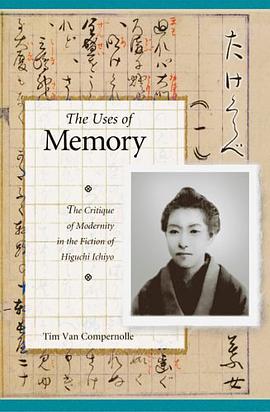

Beyond Eroticism translates and analyzes over forty songs and ninety jokes from Child's Folly, a trilogy of popular songs (Hanging Twigs), folksongs (Hill Songs), and jokes (Treasury of Laughs) compiled by Feng Menglong (1574-1646), a giant in late Ming (1368-1644) popular literature. Focusing on humor as the predominant characteristic of the "tactically forgotten" collections, the book offers a delightful study of the foibles, eccentricities, and anxieties of a broad cross section of late Ming society. The study also probes the inner world of the compiler as he reveals, unwittingly, the tensions in his own gender and class conceptions. Eroticism was Feng Menglong's trademark, but Hsu looks beyond that trademark, arguing that Feng used eroticism both to sell his books and to satirize the puritan state's orthodoxy and the "loose" love ethics of the masses. He did the former as a canny author of the commercial press, and the latter as a marginal member of the "gentry society"-social elite who formed "public opinions" through employment of their cultural capital. An intellectual of high self-esteem, Feng Menglong took advantage of the transgressive nature of humor to project his social, cultural, and political criticism into his erotic, as well as non-erotic satire.
具体描述
读后感
评分
评分
评分
评分
用户评价
相关图书
本站所有内容均为互联网搜索引擎提供的公开搜索信息,本站不存储任何数据与内容,任何内容与数据均与本站无关,如有需要请联系相关搜索引擎包括但不限于百度,google,bing,sogou 等
© 2025 book.wenda123.org All Rights Reserved. 图书目录大全 版权所有




















